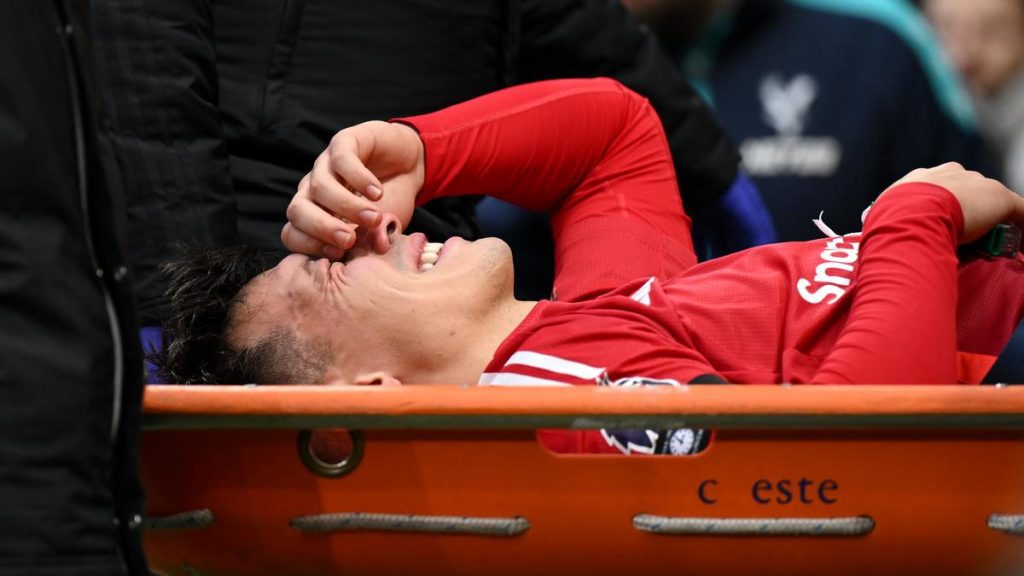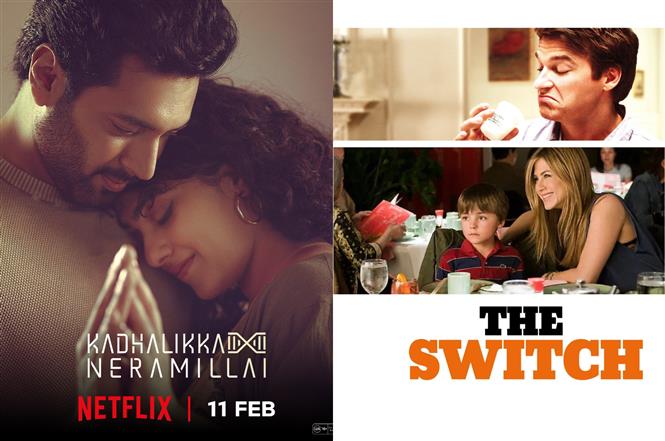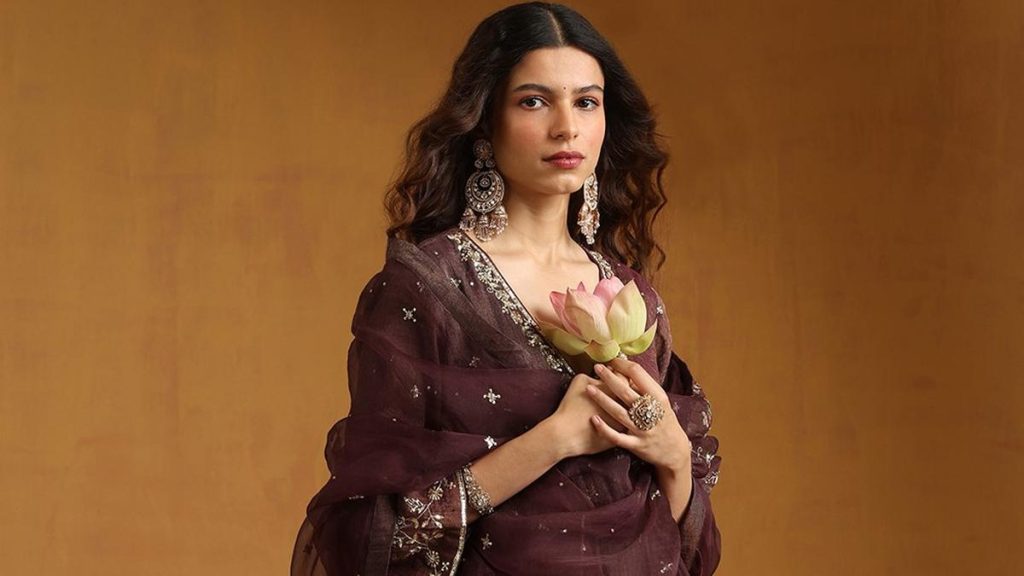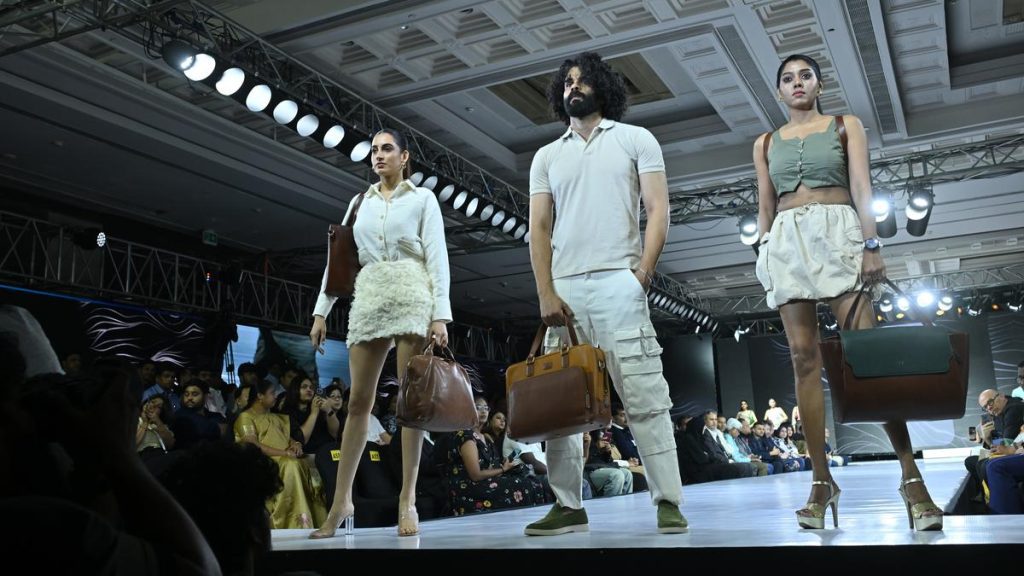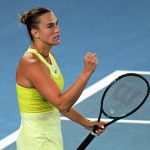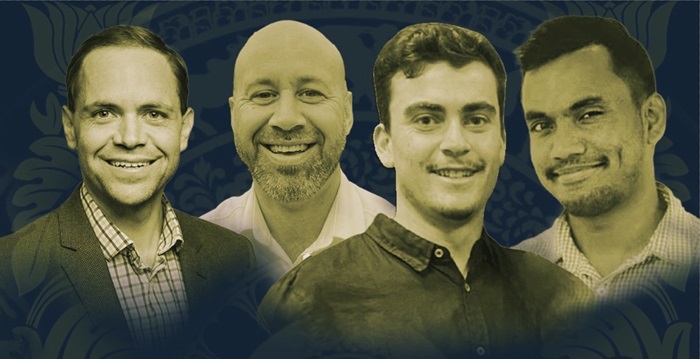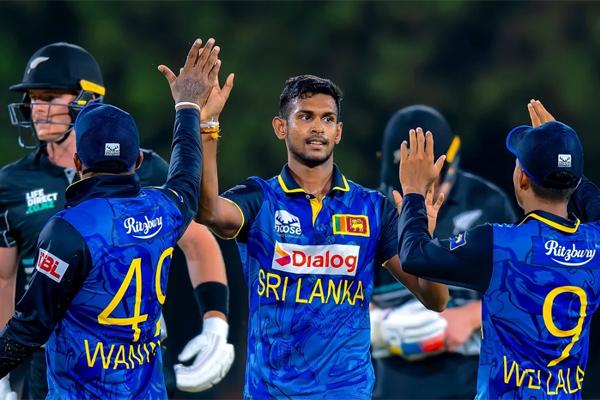As she kicks off 2025 season, Olympic medallist Lovlina looks to learn from Paris Olympics failure
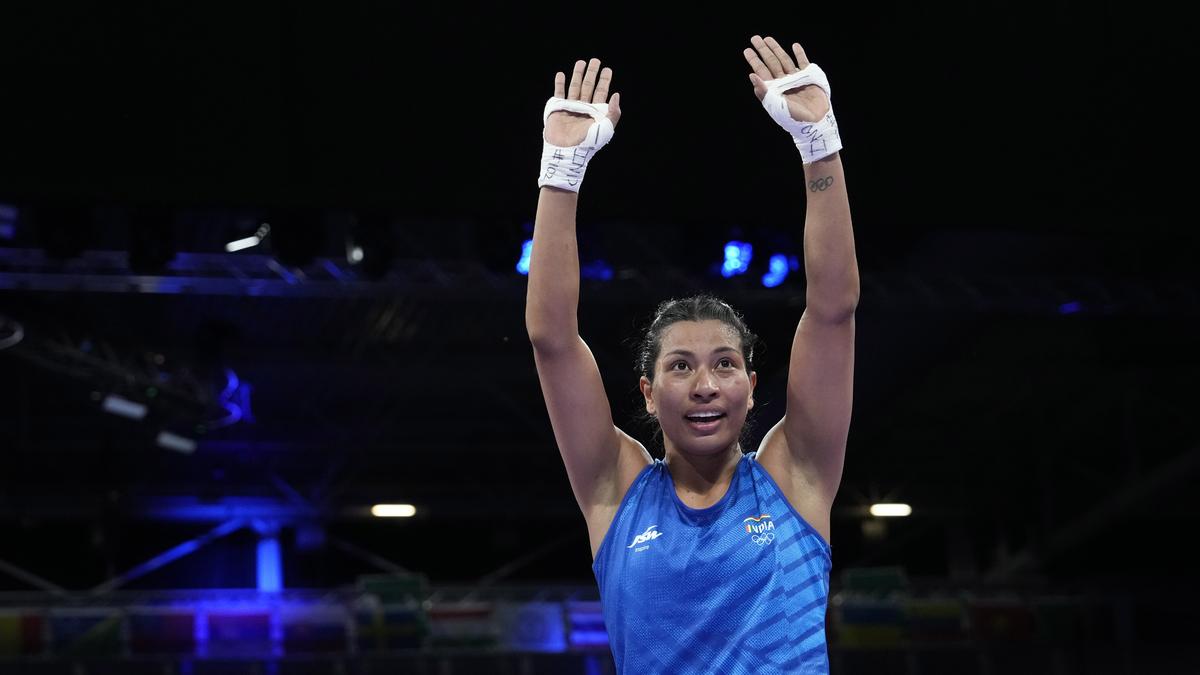

As she kicks off 2025 season, Olympic medallist Lovlina looks to learn from Paris Olympics failure
As she prepares for her return to active competition at the National Games in Uttarakhand in a couple of weeks, Lovlina Borgohain feels she has made the most of her time away from the ring. Having last competed at the Paris Olympics nearly six months ago, she has spent the past month training in Guwahati, which is an unusual change for her.
“This is actually the longest I’ve not been at a national camp. I started boxing 14 years ago, and right from those early days, I’ve almost always been part of some national camp in a different part of India,” she says.
Even Guwahati is some distance from her village of Baromukhia, approximately 320 km east of the State capital. Lovlina had gone there to spend time with her family. “I was able to spend several weeks at home, the longest I’ve been with my parents since I became a boxer. I even took part in the Bihu celebration, something I hadn’t done in many years,” she says.
However, more than just visiting her home, Lovlina — a bronze medallist at the Tokyo Olympics — was on a journey of self-discovery. “I’ve finally got a chance to spend time with myself. I’m learning different things about myself. I’m actually experiencing life. I’d never really seen what life was outside sports. I’d never even gone on a vacation before this.”
What the 27-year-old is most grateful for is the opportunity to explore spirituality. “I’ve always meditated, but I joined an ashram after the Olympics. I also did some Art of Living courses. I did one course on basic happiness, then another called the Sahaj and Sanyam meditation programmes,” she says.
While Lovlina has always meditated, the idea of participating in formal courses came to her after the Paris Olympics. “I guess after the Olympics, my mind was looking for some peace,” she reveals.
In many ways, it was. After winning a bronze at the Tokyo Olympics, Lovlina became one of the stars of Indian boxing. The expectations surrounding her only increased after she secured a gold medal at the 2023 World Championships and followed it up with a silver at the Asian Games in Hangzhou. Despite advancing further than any other Indian boxer at the Paris Olympics, she narrowly missed a medal, losing a closely contested split decision to China’s Li Qian, who went on to win gold.
“It is a difficult reality to accept when you lose at the Olympics. It hurts to lose even at a small tournament, and the Olympics were on a much bigger stage. There were a lot of expectations from me. And when that hope of meeting those expectations falls short, you can’t help but feel bad. As athletes, we sacrifice a lot because we are chasing that medal. We forget about our family and commitments. I think over the last 14 years, I gave up nearly everything for my sport. It is like a tapasya (penance). But sometimes you get the reward for your tapasya, and sometimes you don’t. And in my case, I didn’t get that reward,” she says.
Although it was hard to accept at first, Lovlina has processed the loss better now. “When it is still fresh, you don’t think there’s anything positive about losing, but there are actually a lot of lessons to learn. And perhaps the most important is that there is just so much that goes into being victorious at the Olympics. Results don’t just come because of hard work but because of many factors. There were a lot more things I should have done but which, at the time of my preparation, I didn’t think were very important,” she says.
In hindsight, Lovlina feels she hadn’t prepared as well as she could have heading to Paris. “I qualified for the Paris Olympics at the Asian Games (in 2023, where she won silver in the women’s middleweight division). After that, I didn’t participate in any competitions until the Olympics. I was without any real competition for nearly a year. I should have competed. You compete to get match practice and even to maintain your muscle memory. It wouldn’t have mattered if I’d won or lost. It was just important to have that fight experience,” she says.
There were also issues in training. “There was a lack of coordination with our coaches. We had started a new style of coaching where we wouldn’t have individual coaches. Furthermore, because none of the men had qualified for the Olympics at the Asian Games, the bulk of the focus at the national camp was on them. At the national camp, we only had a small number of sparring partners. And in my case, we didn’t even have proper sparring partners in my weight class. I’d have to train with the boys, which meant that neither of us could give our 100% in training,” she points out.
Lovlina didn’t speak up about her training in the run-up to the Olympics because she didn’t want to have the mindset that she wasn’t prepared enough. “I didn’t even want to think about it. I didn’t want to have in my mind the thought that I hadn’t competed or prepared enough. At the Olympics, I had to compete with the training I had rather than the training I wanted.”
“But I have to move on. But it is a reminder of what not to do going forward. I know that I will make mistakes going forward, but I hope that at least I won’t repeat the old ones I made,” she says.
While she hopes to learn from her mistakes, Lovlina knows she’s up against obstacles she can’t control. There’s uncertainty not just over the running of the sport — there are currently two rival bodies trying to run the sport internationally — but also about its fate at the Olympics. “Right now, I think we can’t control the situation with the federations. But I hope it will resolve itself eventually. My job is simply to stay positive and focus on what I can control,” she says.
Boxing is only one part of what Lovlina thinks her job is. “I want to box until the 2028 Olympics. But apart from that, I want to do a lot of work at the grassroots. There are a lot of kids in rural Assam who were very inspired by me but who don’t have the right pathways to succeed. If I go to Haryana, any kid who wants to play sports has enough opportunities. But the same doesn’t exist here at home. I want to prepare for the Olympics, of course, but I also want to create some sort of platform for these kids to get the opportunities that I got,” she says.



